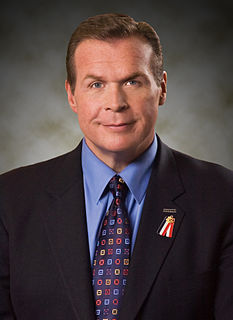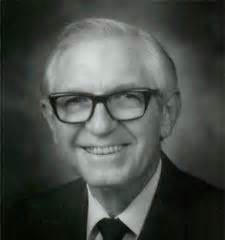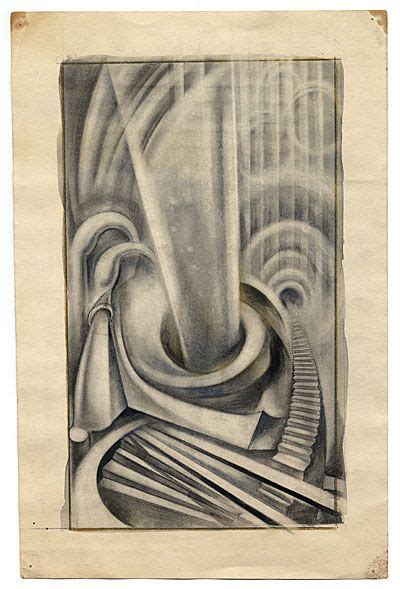A Quote by Adolf Hitler
[It is] useful to know the laws of nature - for that enables us to obey them. To act otherwise would be to rise in revolt against heaven.
Related Quotes
The laws of Nature, that is to say the laws of God, plainly made every human being a law unto himself, we must steadfastly refuse to obey those laws, and we must as steadfastly stand by the conventions which ignore them, since the statutes furnish us peace, fairly good government, and stability, and therefore are better for us than the laws of God, which would soon plunge us into confusion and disorder and anarchy if we should adopt them.
Society today is no longer in revolt against particular laws which it finds alien, unjust, and imposed, but against law as such, against the principle of law. And yet we must not regard this revolt as entirely negative. The energy that rejects many obsolete laws is an entirely positive impulse for renewal of life and law.
The Laws of Nature are just, but terrible. There is no weak mercy in them. Cause and consequence are inseparable and inevitable. The elements have no forbearance. The fire burns, the water drowns, the air consumes, the earth buries. And perhaps it would be well for our race if the punishment of crimes against the Laws of Man were as inevitable as the punishment of crimes against the Laws of Nature -were Man as unerring in his judgments as Nature.
My own convictions as to negro slavery are strong. It has its evils and abuses...We recognize the negro as God and God's Book and God's Laws, in nature, tell us to recognize him - our inferior, fitted expressly for servitude...You cannot transform the negro into anything one-tenth as useful or as good as what slavery enables them to be.
He would be guilty of mortal sin, because he exposes himself to the danger of grievously offending God. Hence, before he acts he must lay aside the doubt; and if he has not hitherto done so, he must confess it, at least, as it is before God. But the scrupulous, who have doubts about everything, must follow another rule: they must obey their confessor. When he tells them to conquer their doubts, and to act against scruples, they should obey with exactness; otherwise they will render themselves unable and unfit to perform any spiritual exercise.
It is dangerous to tell the people that the laws are unjust; for they obey them only because they think them just. Therefore it isnecessary to tell them at the same time that they must obey them because they are laws, just as they must obey superiors, not because they are just, but because they are superiors. In this way all sedition is prevented.












































